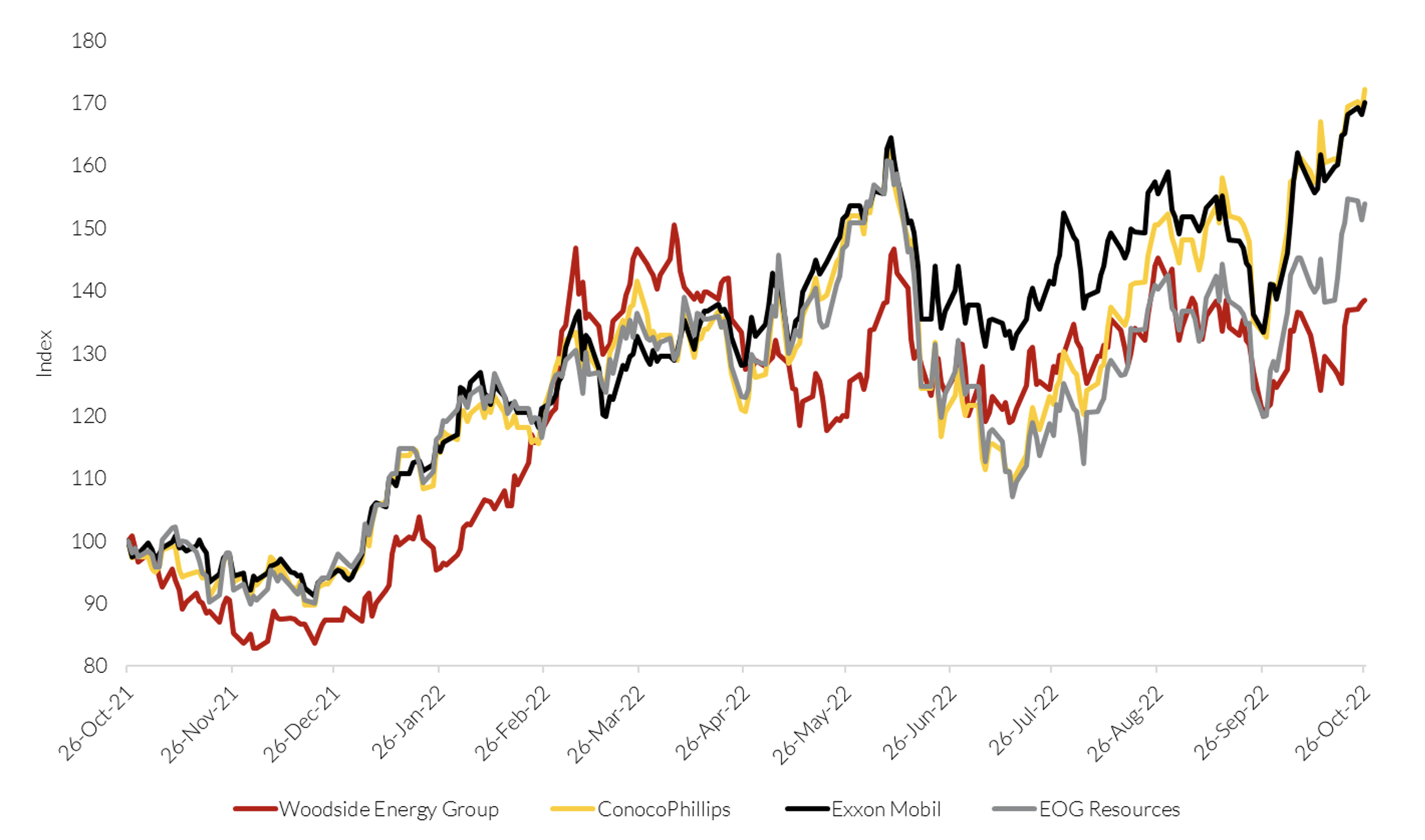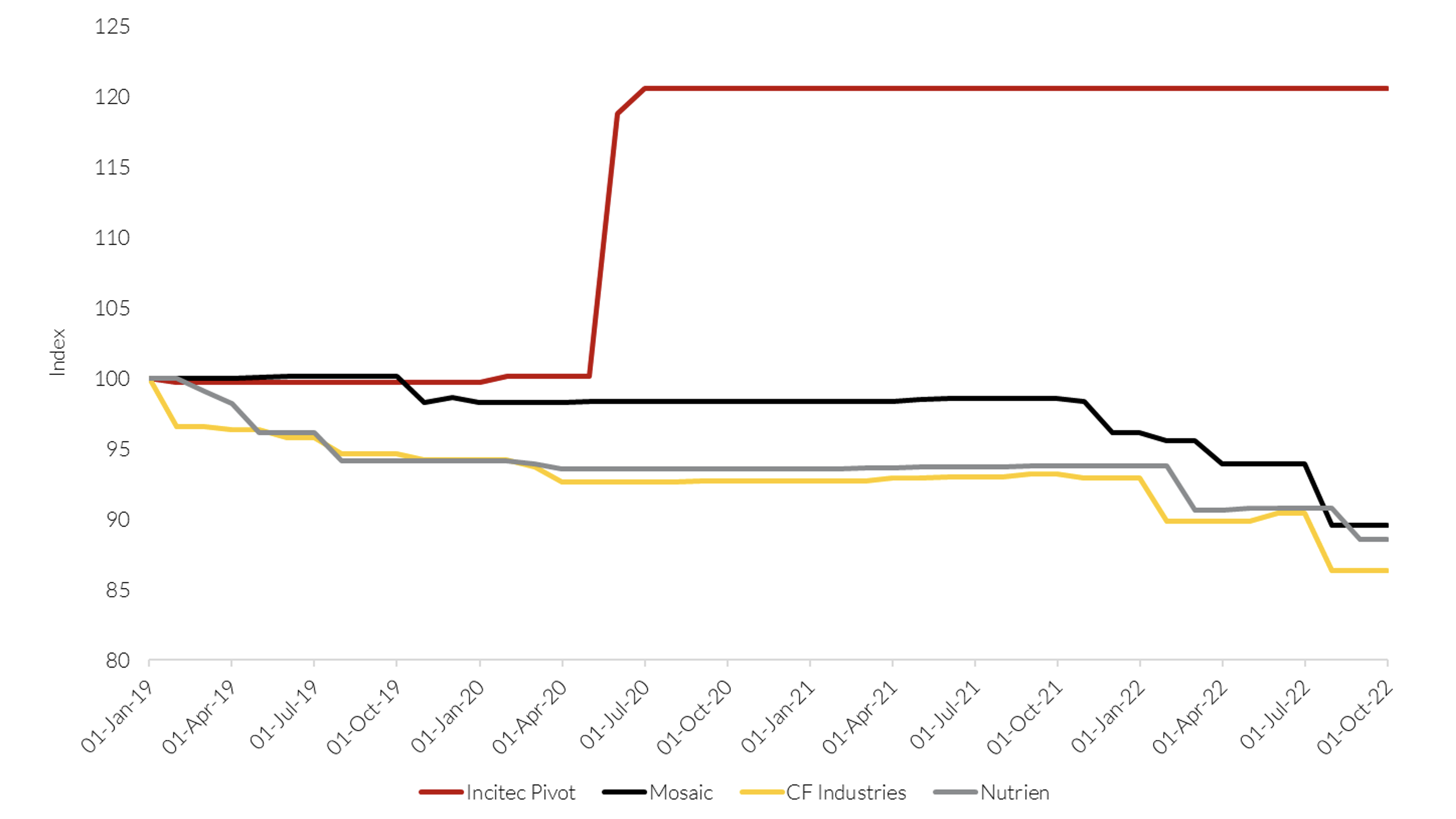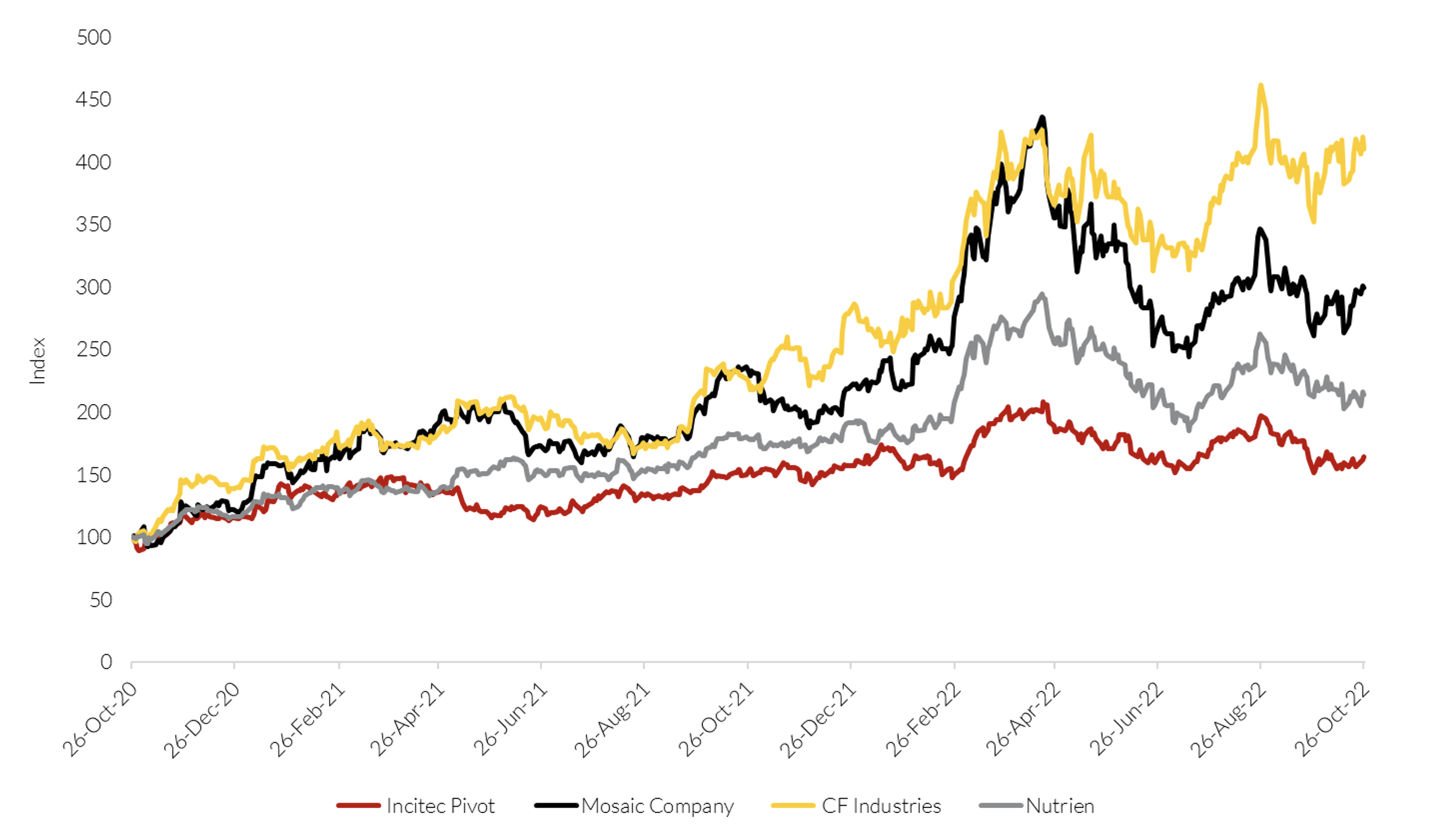Can these companies boost their value with buybacks?
Late last year, we wrote about the opportunity some companies had to deploy their capital into investments they know best: their own shares. At the time, some companies, mostly in the resources sector, had high underlying earnings and low share prices that discounted particularly weak future earnings expectations. In this article, we deliver a progress report on these companies and how they have spent their capital.
Buybacks are a powerful tool to create value for shareholders and, as we previously discussed, financial literature has plenty of evidence to show this over time.
Mathematically, too, it is indisputable that companies buying back shares at good prices will result in any individual share representing a greater slice of the earnings stream, as it reduces the number of issued shares. Eventually, the market should appreciate those companies more.
We named four companies that we believed could afford to perform a buyback and where the value creation opportunity for shareholders was large: Woodside Energy Group, G8 Education, Incitec Pivot, and Monash IVF. Of these, G8 Education is the only company that is currently buying back its shares. It makes even more sense today, as G8’s share price has lagged the market and important metrics like occupancy have started to tick up.
Woodside Energy Group (ASX: WDS)
For Woodside, both the share price and underlying earnings drivers like the oil price and, even more so, gas prices have increased substantially. In addition, the merger with BHP Petroleum has been completed and, as a result, Woodside now has a much larger proportion of overseas earnings for which they will not receive franking credits for any income taxes paid.
Together with an 80% payout ratio, this means that the substantial franking credit balance will finally get used through the payment of dividends.
The case for an off-market share buyback is not as strong as it was. However, if a selldown of assets were to happen in the future, we would hope to see buybacks return to the front of the capital management queue. After all, it may help close the otherwise inexplicable gap in performance between Woodside and its overseas peers, as shown in Graph 1.
Graph 1. Woodside’s share price has lagged its overseas’ peers (indexed in USD, total return)

Source: FactSet, 26 October 2022
Monash IVF (ASX: MVF)
The lack of concrete steps towards a buyback from Monash IVF has been very disappointing for us. Instead of returning capital to shareholders, Monash IVF has embarked on a series of acquisitions after arguably over-raising during the early parts of the COVID-19 pandemic. This is disappointing and the jury is out on how much ongoing benefit will be delivered through this strategy. These acquisitions have been on higher multiples than Monash’s own shares sell for and Monash cannot understand the businesses it bought as well as Monash knows its own business, which increases the risks attached to these transactions.
Incitec Pivot (ASX: IPL)
The lack of buybacks by Incitec Pivot has also disappointed us. Incitec Pivot thinks its share price is low, and it wishes to unlock value through a demerger that would separate its fertiliser and explosives businesses. That value essentially would come through a potential ‘rerating’ of the earnings multiples (i.e. higher earnings multiples) of the demerged businesses.
Unfortunately, the potential for a rerate is undermined by the structure of the demerged businesses, because a volatile earnings stream would be present in each of the fertiliser (through fertiliser prices) and explosives businesses (through the inclusion of the large ammonia plant at Waggaman, Louisiana). Nevertheless, if Incitec Pivot’s share price is low, we believe the company would be better off buying back its shares because cash flow this year is likely to be good and the balance sheet is in good shape.
Instead, the company wants to use some of this cash flow and incur continuing and higher operating costs to implement a demerger to unlock the same value they could capture far more efficiently through a buyback. A buyback could be further turbocharged if they sold their standalone Waggaman ammonia plant (one of those volatile earnings streams) at a time when companies globally are desperately looking to get ammonia supply backed by cheaper gas.
It is hard to see how this strategy (a buyback, a sale of Waggaman, and a further buyback) would not be better for all existing shareholders than a demerger. Its peers overseas have not missed this opportunity. Graph 2 shows the share count of its close peers through time.
Graph 2 | Number of issued shares for Incitec Pivot and its global peers

Source: FactSet, 1 October 2022
Incitec Pivot is the only one not taking advantage of current conditions, which may at least partially explain some of the underperformance of the share price shown in Graph 3.
Graph 3 | Performance of Incitec Pivot vs overseas peers (indexed in USD, total return)

Source: FactSet, 26 October 2022
While our desire to see buybacks initiated in these companies has had mixed outcomes in 2022, this past year has seen a significant number of other companies perform buybacks. We have also seen this in our portfolio – in fact, probably the greatest proportion of companies (by number) buying back shares we have seen since the Allan Gray Australia Equity Fund’s inception.
Aside from G8 above, there are a number of other companies that the Fund holds that have undertaken buybacks in the last year, including: AMP, Southern Cross Media, HT&E, Sims, Peet, and Ansell (although Ansell has been performing buybacks for a long time), Santos, Whitehaven, and Perenti. In our view (and broker views), most of these companies are taking advantage of weak share prices, good earnings, healthy cashflows, and strong balance sheets.
With everyone talking about recession, buybacks can serve other useful purposes. If share prices fall, as they often do leading up to a recession, companies buying back their shares will create even more value for existing shareholders, so long as their balance sheets remain healthy and their businesses can ride out the downturn.
Buying back shares can also defend against opportunistic takeovers at even lower prices.
In time, we believe the buybacks executed by companies in our portfolio will realise value for shareholders. And perhaps the case for a buyback will not be as strong in the future if these capital management decisions are rewarded by the investment community. With share buybacks creating such distinct value for shareholders, we believe more companies in good financial health and with low share prices should consider this option. Hopefully, this will be the case in a future progress report. After all, if a company cannot convince itself to buy back its own shares when they are low and out of favour, what chance is there of convincing other investors of this value?
Learn more about Allan Gray
Contrarian investing is not for everyone, however, there can be great rewards for the patient investor who embraces Allan Gray’s approach. For further information hit the contact button below.


5 topics
3 stocks mentioned
2 funds mentioned

